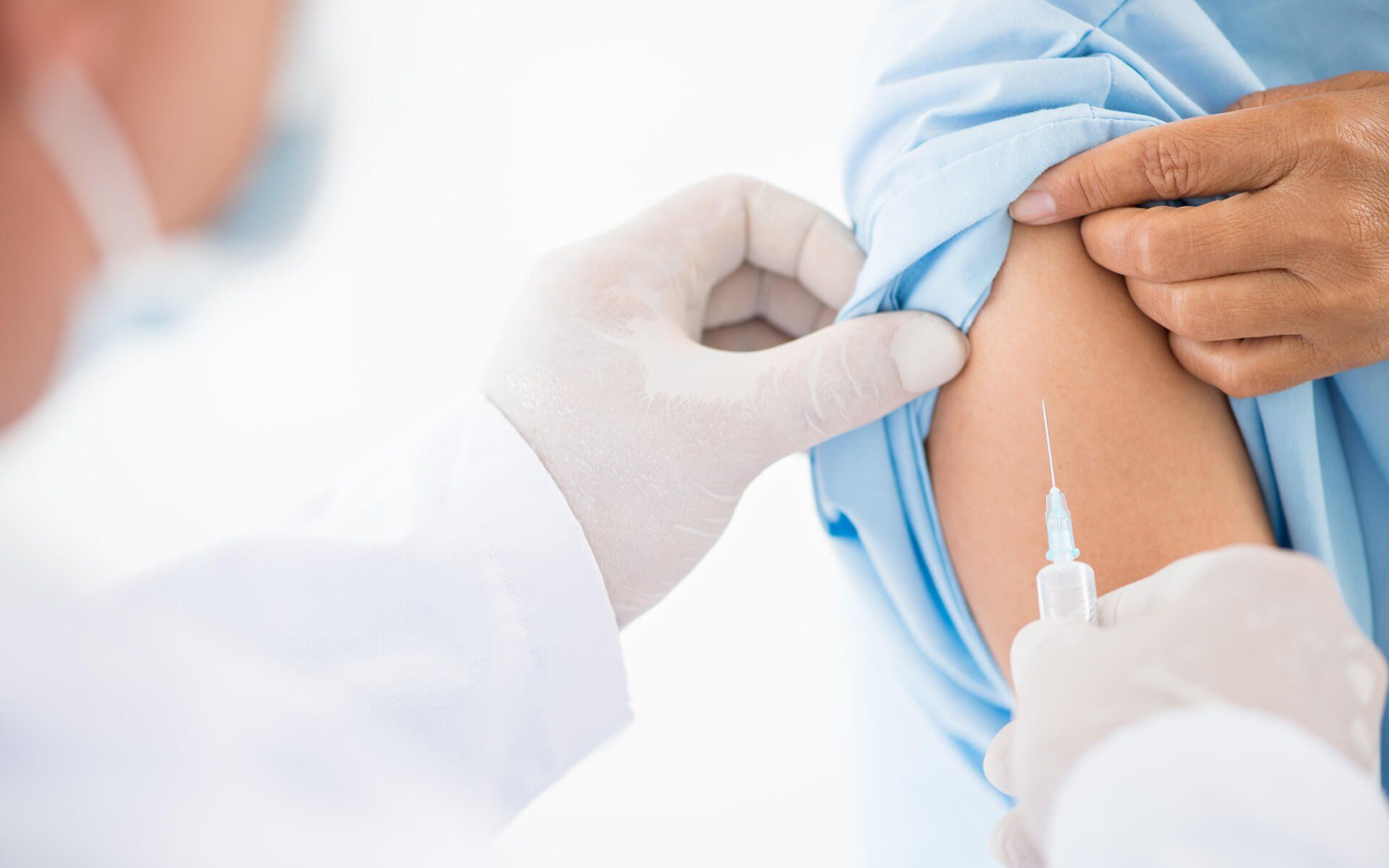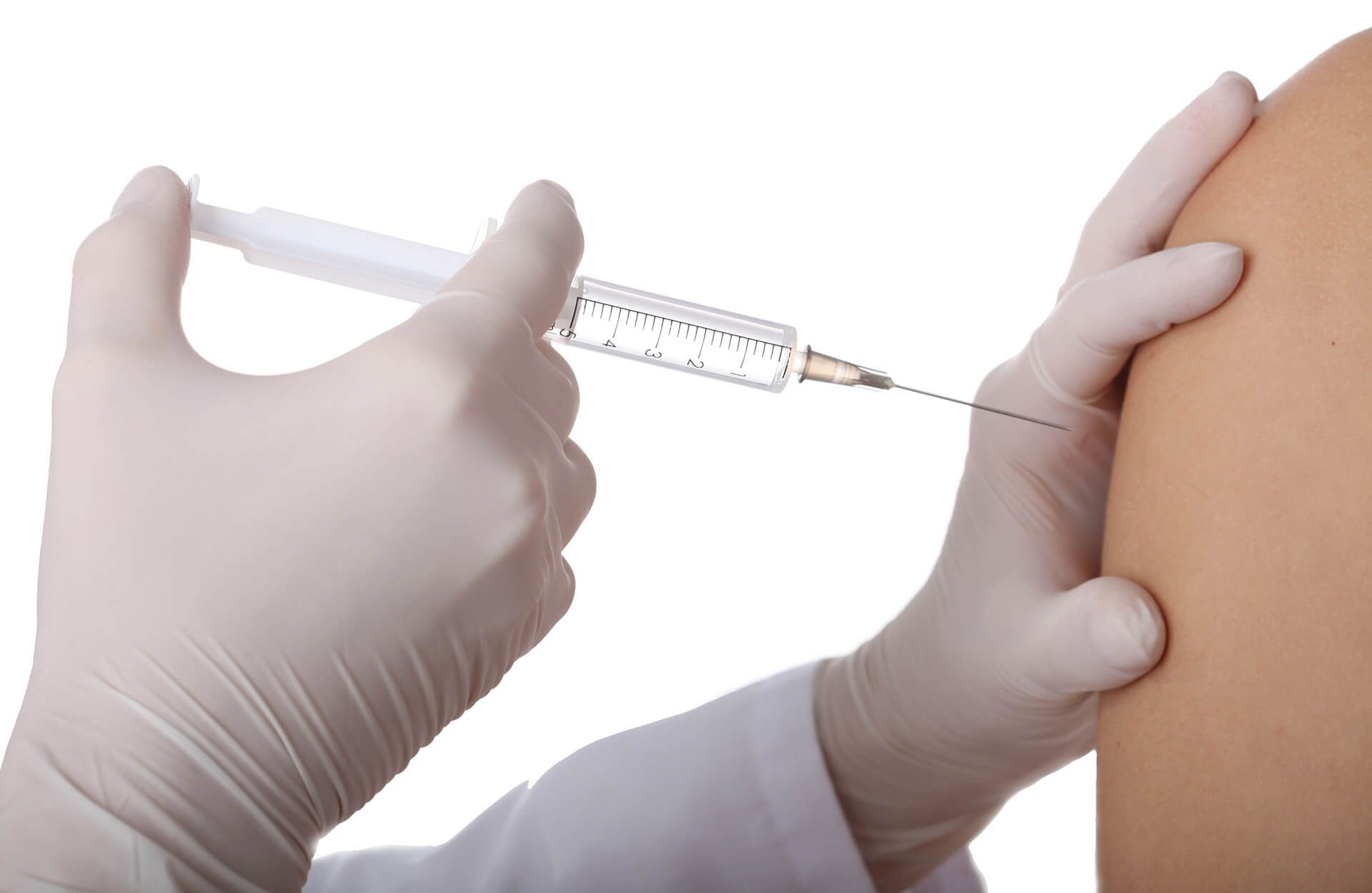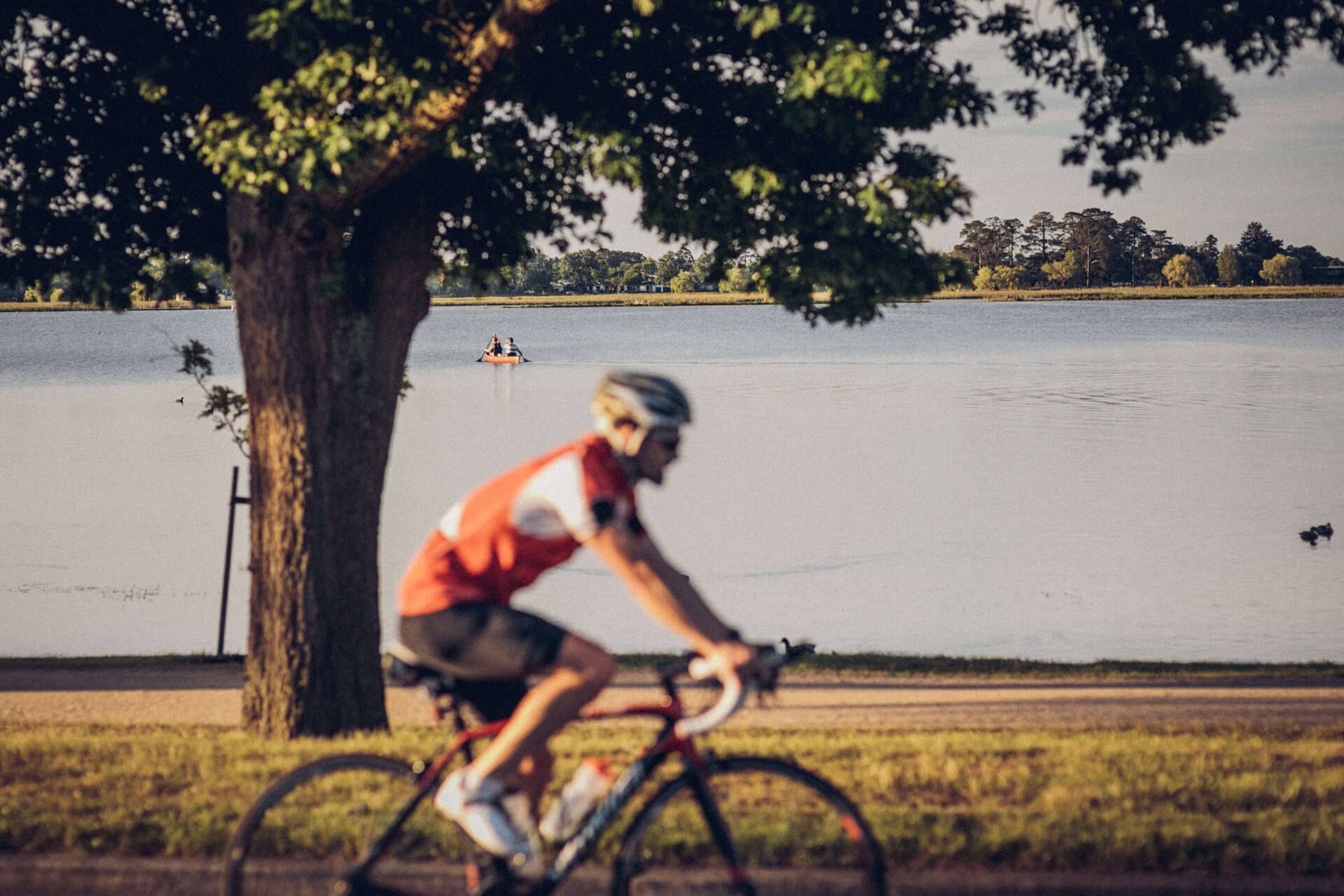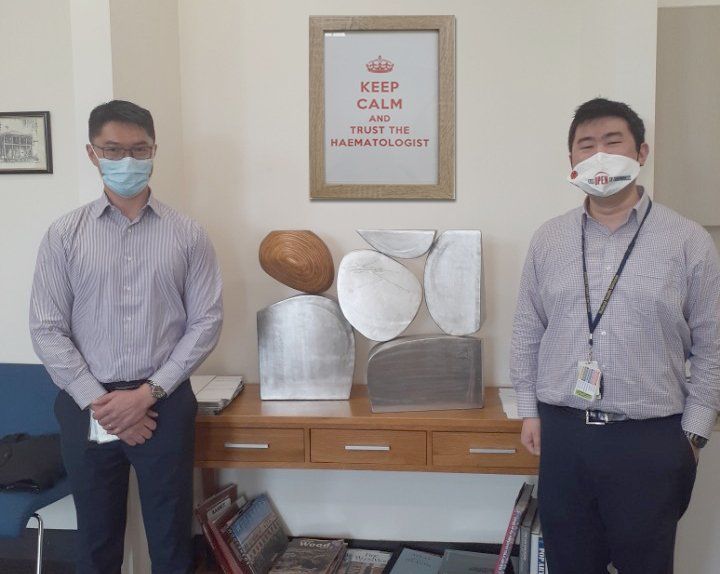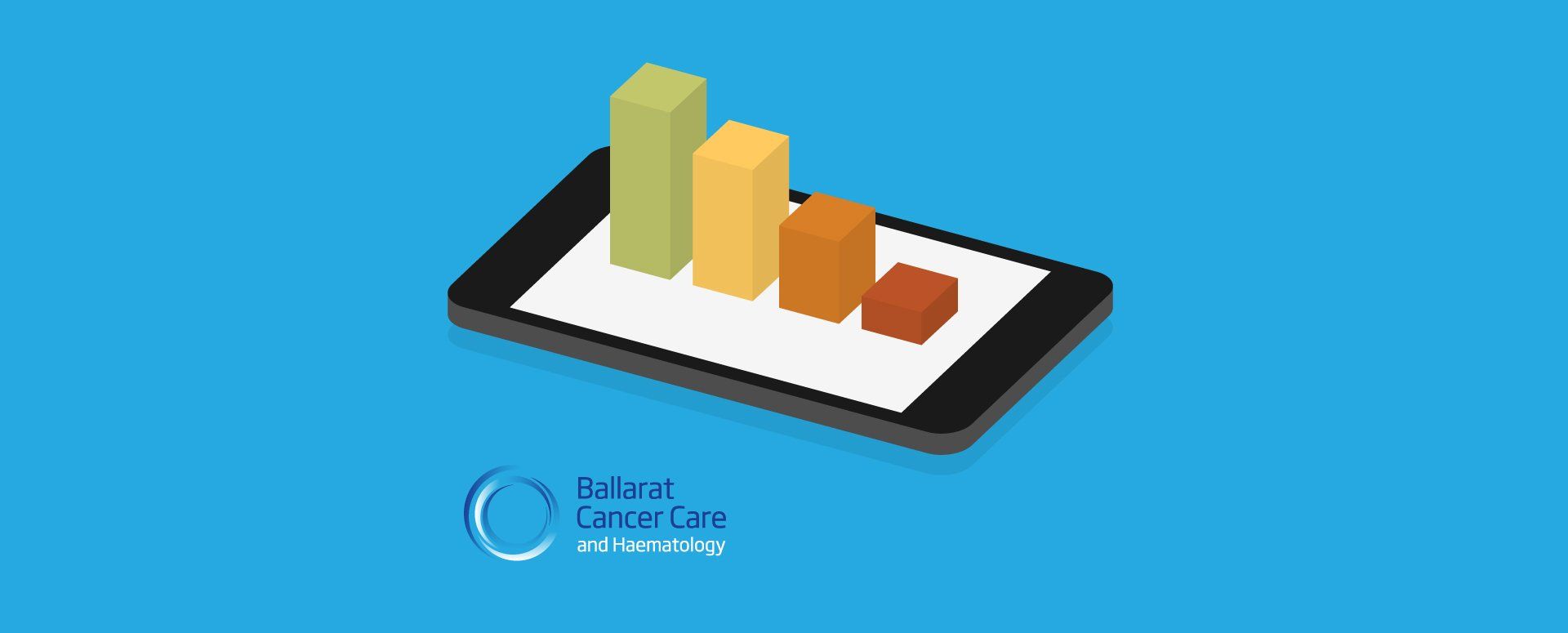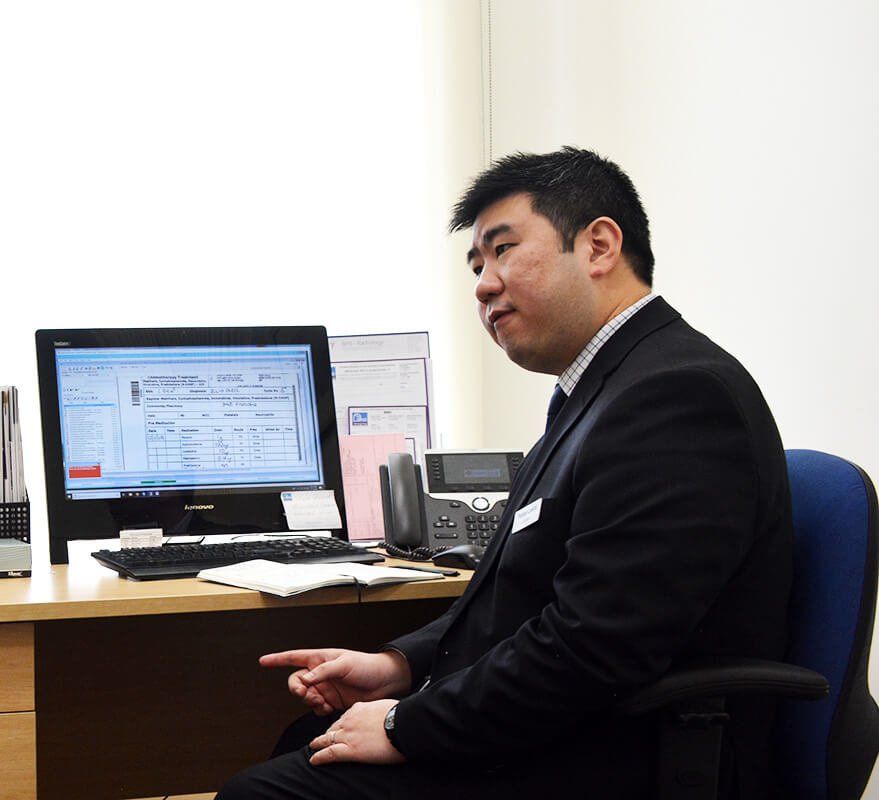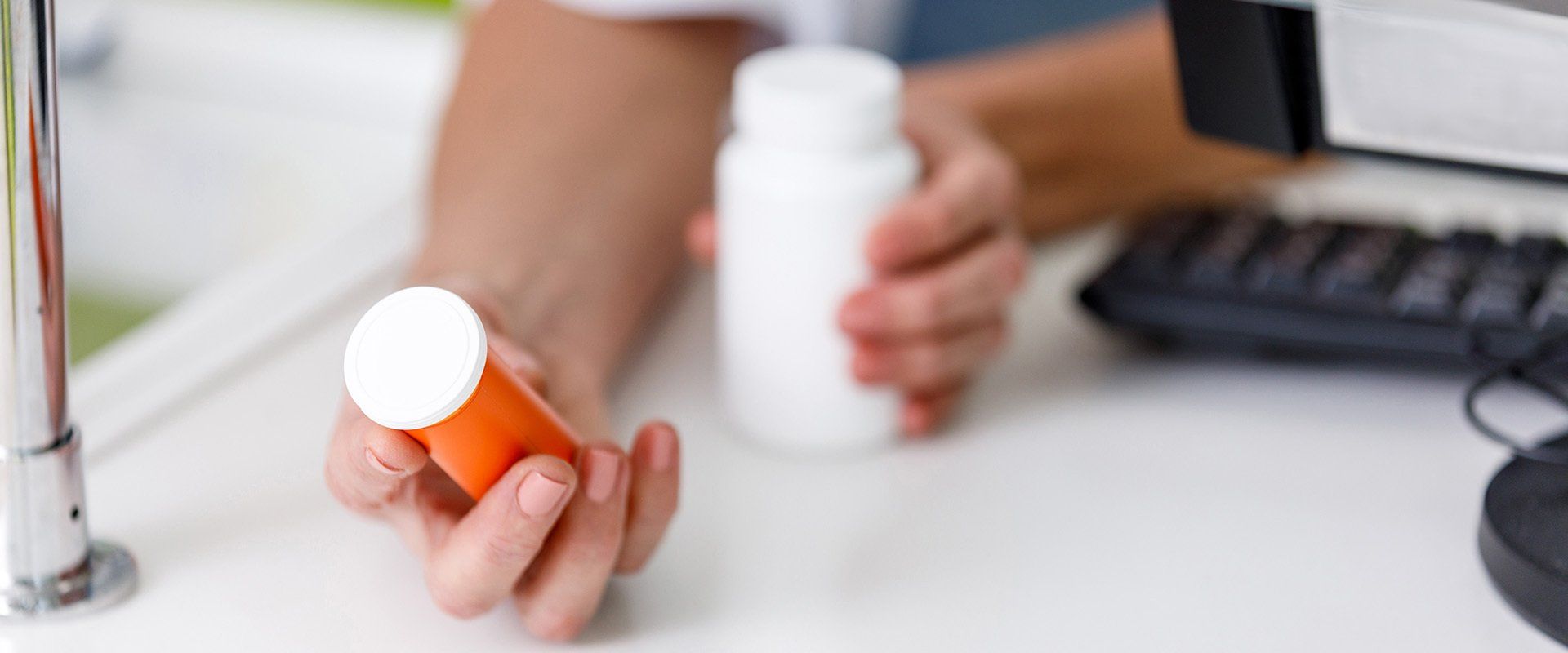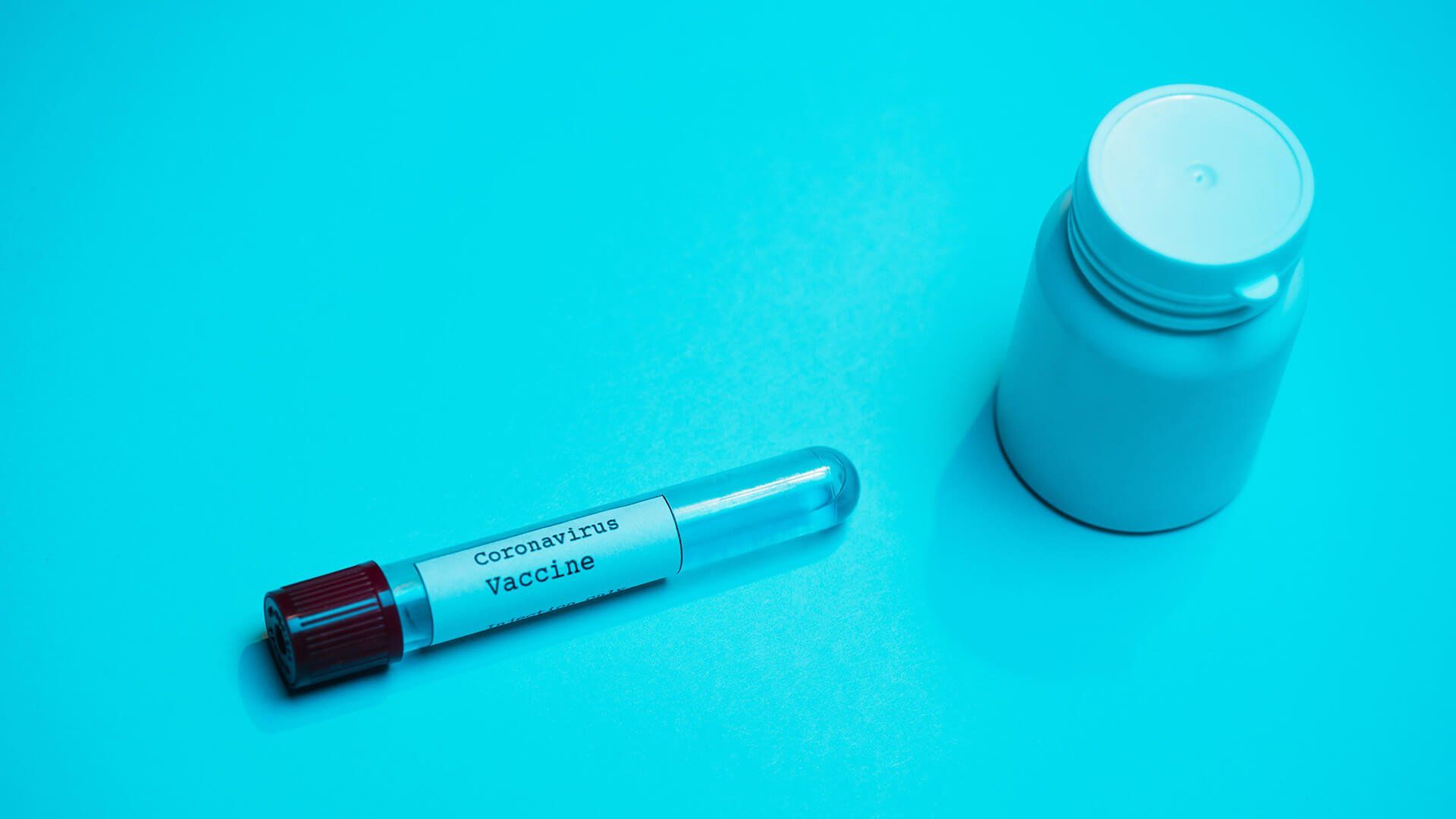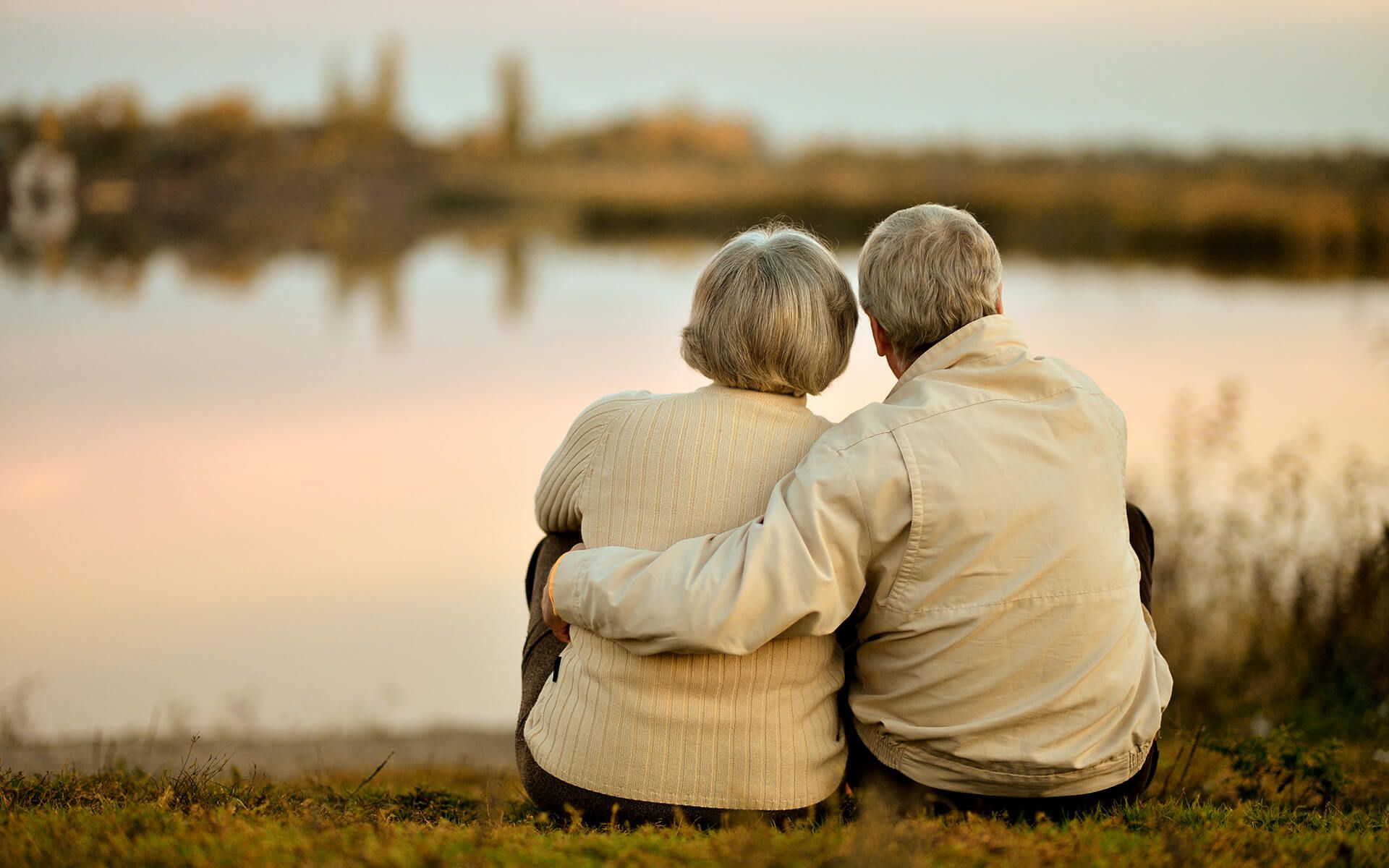Two vaccines against the coronavirus have now been approved for use in Australia, role-out of the vaccine begins this week in high-risk populations.
How does it work?
Vaccines (also called immunisations) are used to help a person’s immune system recognise and then protect the body from certain infections.
The new COVID-19 vaccination does not contain a live virus, instead it contains messenger RNA (mRNA) which is genetic material. After a person receives their first injection, the mRNA tells the cells in the body to make copies of part of the virus (the “spike” protein). This does NOT cause disease or illness but it does help the immune system learn to protect the body to fight the virus if it is exposed in the future.
If I have cancer, or have had cancer, am I at higher risk for illness with COVID-19?
There are a number of risk factors for severe illness with COVID-19, including a diagnosis of cancer. Additional factors include older age (>65), obesity, chronic kidney issues, emphysema, heart conditions, diabetes and smoking.
If I have, or have had cancer, should I get the coronavirus vaccine?
People, including those with underlying medical conditions and cancer, may get vaccinated if they have no other contra-indications (ie. history of severe allergic reaction to vaccines). Many medical groups are now recommending that most people with cancer or a history of cancer have the COVID-19 vaccine when it becomes available to them.
Clinical trials of the vaccine did not include people getting treatment that suppresses the immune system (like chemotherapy, radiation or immunotherapy). The trials did however include people with similar medical conditions, and we also know that other vaccines (for example the flu vaccine) are safe for people with cancer.
The main concern of doctors, is not whether it is safe for people with cancer, but if it will be as effective for those with a lowered immune system.
When will the vaccine become available for people with cancer in Australia?
People with cancer will receive their vaccinations as part of the Phase 1b of the COVID vaccine role out (as an adult with an underlying medical condition).
What else can I do?
As well as having your vaccination it is important to ensure that you follow the current government recommendations in regards to masks, hand washing and social distancing.
Special advice for patients with breast cancer.
As one of the side effects from vaccines can be swollen lymph nodes it is best to have the vaccine on the opposite side to your breast cancer.
Special advice for patients with blood cancer.
Recommendation from different advisory groups has consistently stated that there are no reasons to believe that the vaccines would be unsafe for patients with blood cancer. However, it is worth noting that there is a lack of research data, especially when it comes to the question of effectiveness of the vaccines. This is particularly true for patients with lymphoma and treatments that affect the blood cells which produce the antibodies for the vaccines to work.
Whilst patients with blood cancer are encouraged to have the COVID-19 vaccines unless there are specific contraindications, we recommend discussing this issue further with your GP/haematologists.
If you have any additional concerns we would be happy to talk to you further.
For more information:
Cancer.org.au/support-and-services/cancer-and-covid-19
Cancer.gov/about-cancer/coronavirus
Canceraustralia.gov.au/affected-cancer/information-about-cancer-and-covid-19
Health.gov.au/initiatives-and-programs/covid-19-vaccines
Dr Kortnye Smith
Medical Oncologist
MBBS, FRACP
